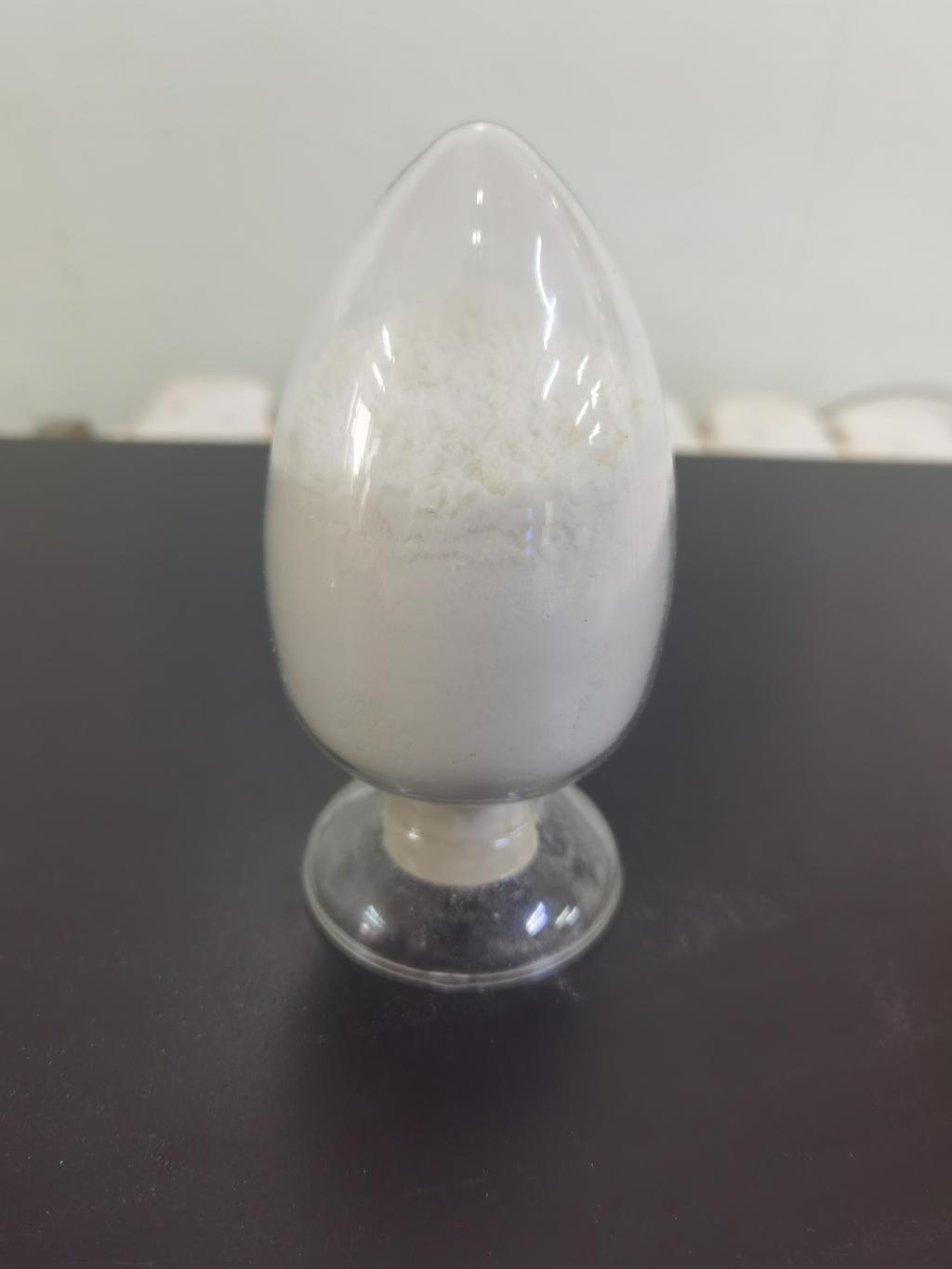Tel:+8618231198596

News
 CONTACT
CONTACT
 CONTACT
CONTACT
- Linkman:Linda Yao
- Tel: +8618231198596
- Email:linda.yao@dcpharma.cn
- Linkman:CHARLES.WANG
- Department:Overseas
- Tel: 0086 0311-85537378 0086 0311-85539701
News
How is ε-Polylysine hydrochloride used in the food industry?
TIME:2023-03-13
ε-Polylysine hydrochloride is used in a wide range of food products, including processed meats, dairy products, beverages, and baked goods. It is typically added to food products in the form of a powder or liquid, and is mixed into the product during the manufacturing process. The specific concentration of ε-Polylysine hydrochloride used in food products varies depending on the specific application and the intended shelf life of the product.
One of the key advantages of using ε-Polylysine hydrochloride as a preservative is that it is a natural substance that is easily broken down by the body. This means that it is considered safe for consumption in small quantities, and does not leave behind any harmful residues or byproducts. It is also effective at lower concentrations than many traditional chemical preservatives, which means that it can be used in smaller quantities, reducing the overall impact on the environment and on human health.
Processed meats, such as ham, sausage, and hot dogs, are some of the most common food products that are preserved with ε-Polylysine hydrochloride. These products are particularly susceptible to spoilage due to their high moisture content and the potential for contamination during processing. ε-Polylysine hydrochloride helps to inhibit the growth of bacteria, yeast, and mold, preventing spoilage and extending the shelf life of these products.
Dairy products, including yogurt, cheese, and milk, are also commonly preserved with ε-Polylysine hydrochloride. These products are particularly vulnerable to spoilage due to the presence of bacteria that can cause spoilage and affect product quality. ε-Polylysine hydrochloride helps to inhibit the growth of these bacteria, allowing dairy products to have a longer shelf life and reducing the risk of spoilage.
Beverages, such as fruit juices and soft drinks, are another common application for ε-Polylysine hydrochloride as a preservative. These products are often at risk for contamination during production and bottling, and ε-Polylysine hydrochloride helps to inhibit the growth of bacteria and yeast that can cause spoilage and affect product quality.
In addition to its use as a preservative, ε-Polylysine hydrochloride is also used as a natural flavor enhancer in some food products. Its ability to enhance flavor and improve texture makes it a popular ingredient in processed foods, such as canned soups and sauces.
Overall, ε-Polylysine hydrochloride is a highly effective natural preservative that is widely used in the food industry to prevent spoilage, extend shelf life, and enhance the safety of food products. Its use is becoming increasingly popular as consumers seek out natural and healthy alternatives to traditional chemical preservatives. As research into its properties and potential applications continues, it is likely that we will see its use become even more widespread in the food industry.
- Tel:+8618231198596
- Whatsapp:18231198596
- Chat With Skype







